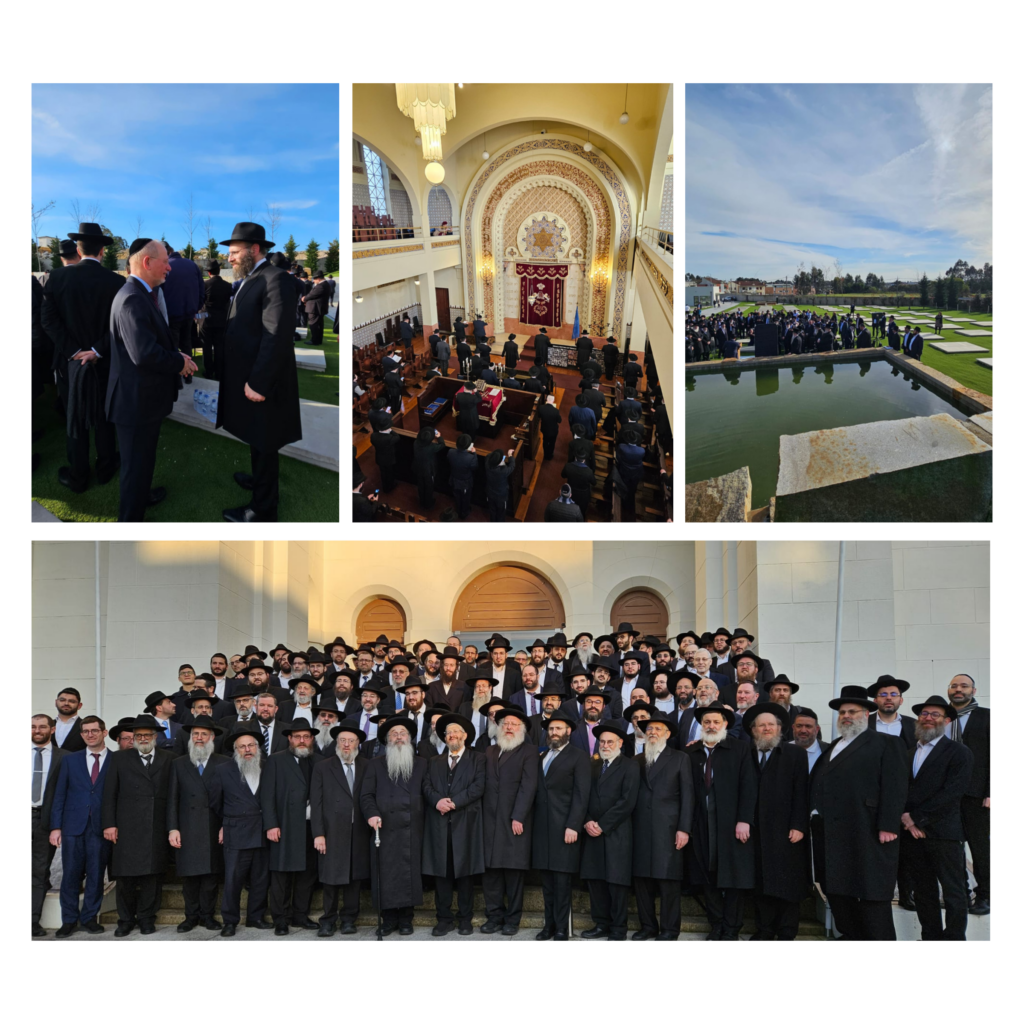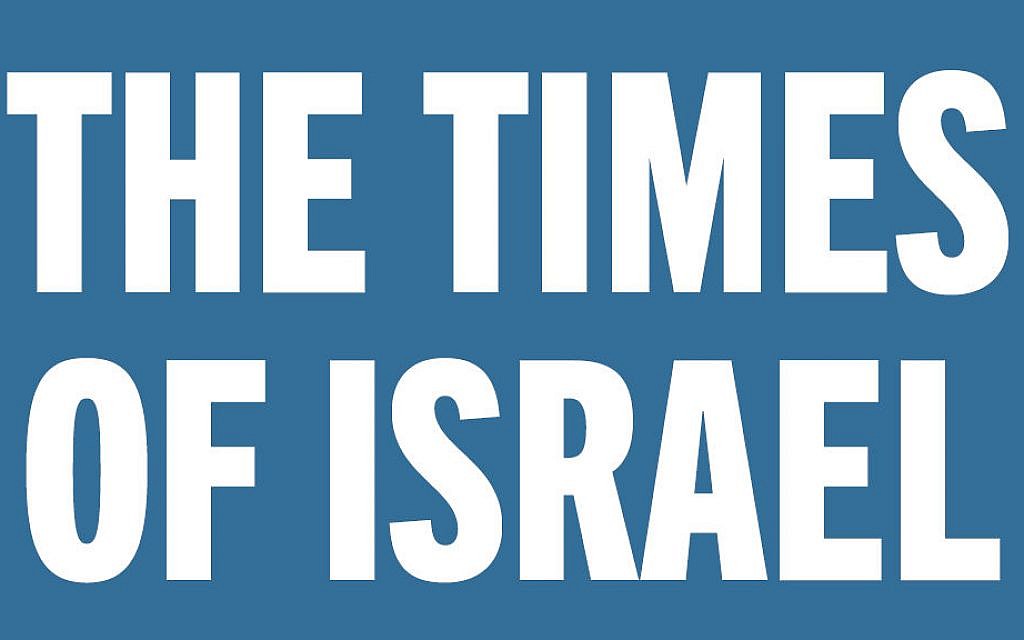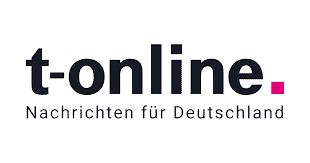Renowned European and Israeli Rabbis, along with members of the Jewish community, gathered at the Oporto cemetery in Portugal to inaugurate a memorial for the victims of the 7th October tragedy. The event, organised by various Jewish associations, included prayers led by Rabbi Simcha Steinberg and speeches by Rabbi Binyamin Jacobs and Rabbi Netanel Lev, who shared the story of his son, a fallen soldier. Rabbi Jacobs highlighted the contradiction of condemning Israel while accepting antisemitism. Rabbi Eli Rosenfeld emphasised the resilience of the Jewish people. The cemetery, named “Isaac Aboab Field of Equality,” symbolises Jewish life in Oporto after centuries of persecution. The ceremony concluded with gratitude to the Oporto Jewish community for honouring the memory of the victims.














